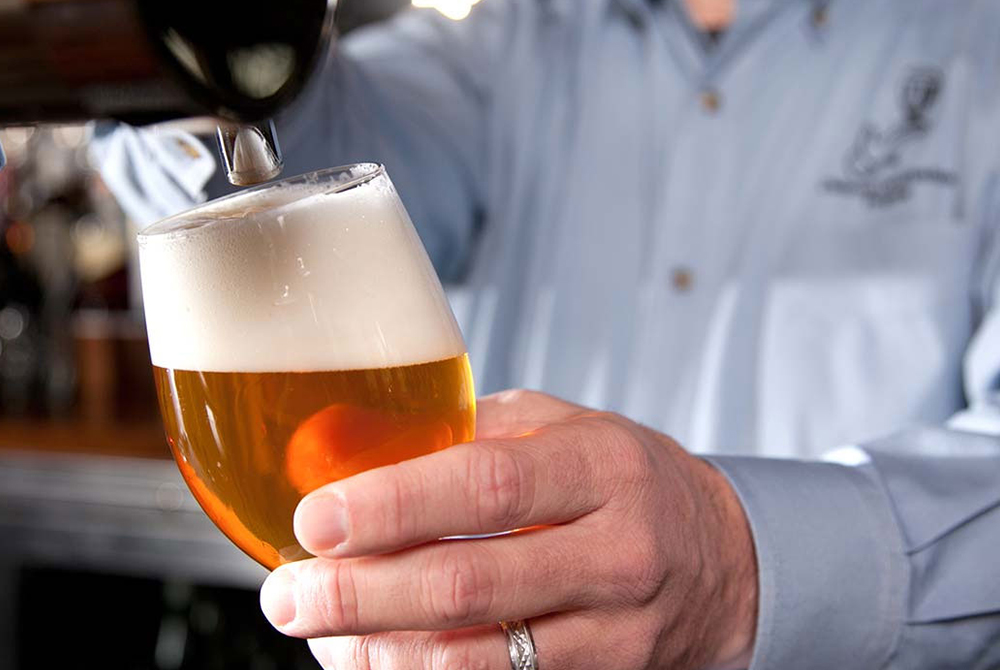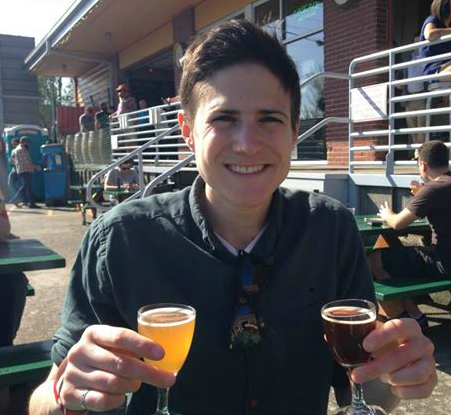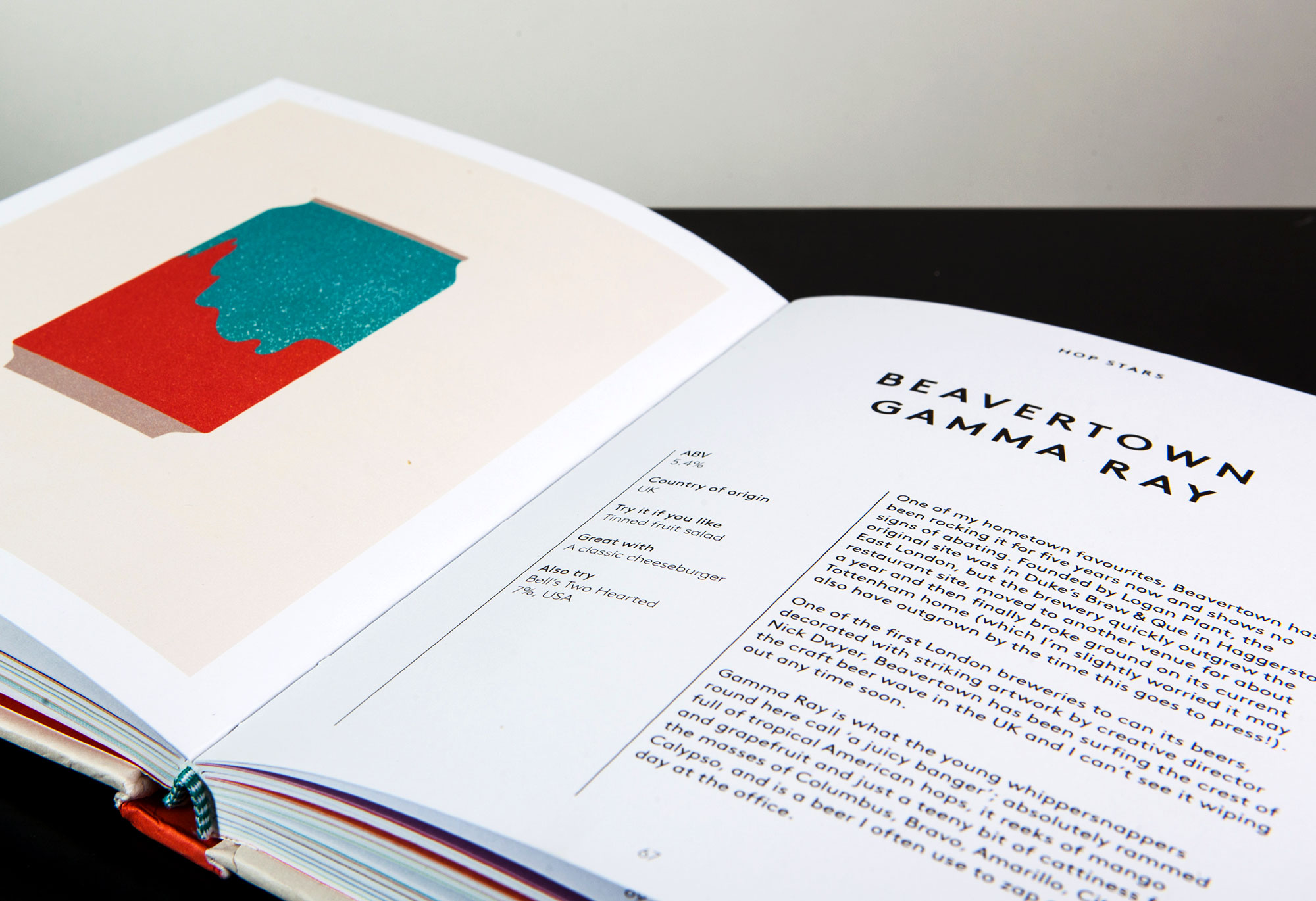Shop
What is a Cicerone®?
What does it take to be a beer expert?
What exactly is a Cicerone?
Pronounced sis-uh-rohn.
Well, it’s officially defined as “a guide who gives information about antiquities and places of interests to sightseers,” according to Dictionary.com.
In the world of beer, a Cicerone is someone who, at the most basic level, knows about beer. Actually, knows a lot about beer. The most common comparison is to a sommelier in the wine world.
Essentially, the Cicerone Certification Program, the organization that certifies and educates beer professionals, administers a series of exams at different levels to test one’s beer IQ. Earning the Certified Cicerone title validates that one has studied and attained a certain level of knowledge in the industry.
To truly understand the definition of a Cicerone we have to start at the beginning. Dig into the layers of the curriculum and its creation and you find that like brewing a refreshingly clean Pilsner, complex lambic, funky sour, hazy IPA, or really any beer, becoming a Certified Cicerone is hard work.
When Was the Cicerone Program Founded?
It’s a labor that Ray Daniels, founder and director of the Certified Cicerone Program, took upon his shoulders back in 2007. At the time Daniels, a veteran of the craft beer industry worked as the Director of Craft Beer Marketing for the Brewers Association (BA). From his experience, he saw an opportunity for the industry.
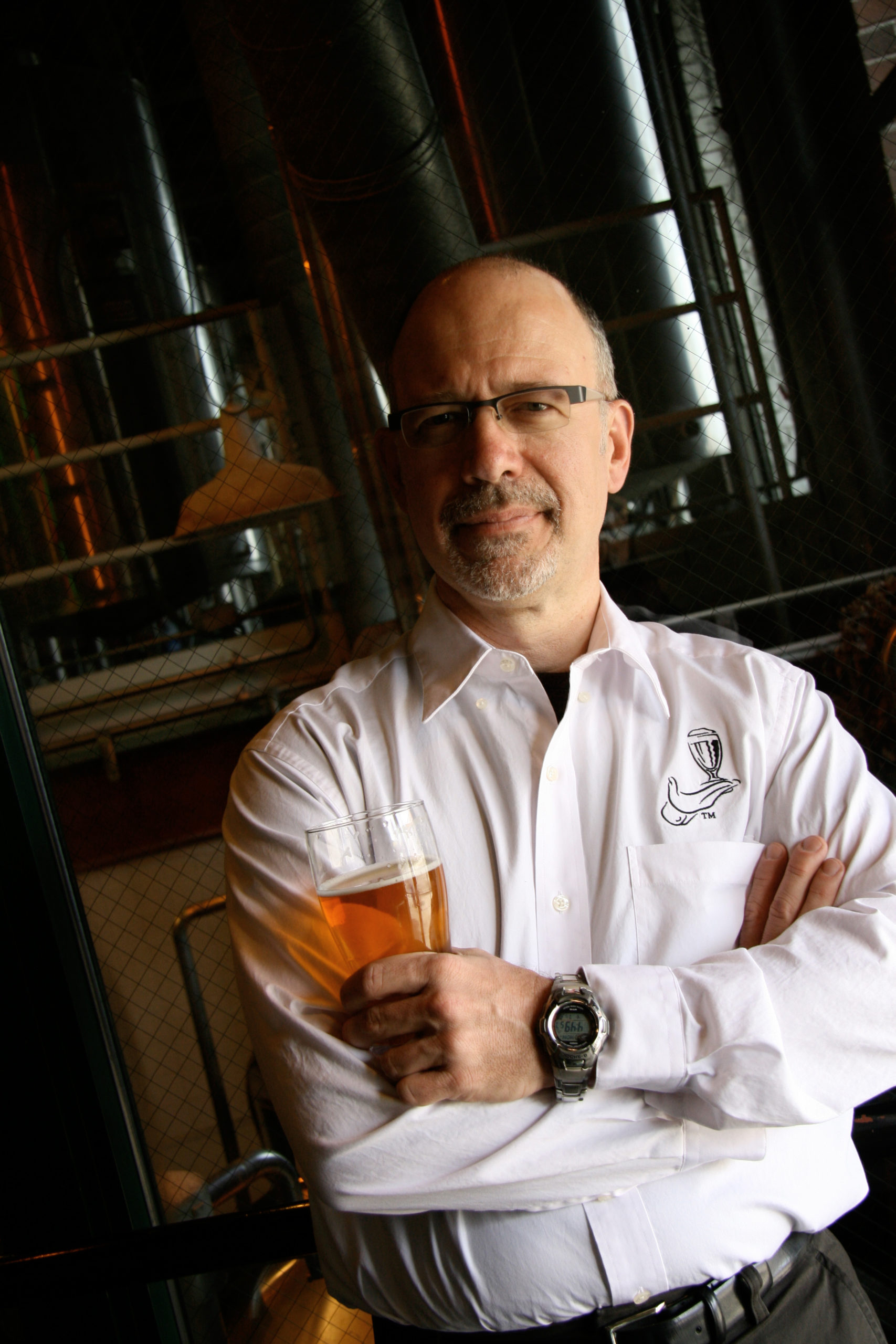
“It wasn’t rocket science,” says Daniels. Anyone who worked in beverage and hospitality knows what a sommelier is. So the more you got involved with the beer industry, the more you realized that it is as complicated and nuanced as wine. Lots of people had the idea, but Daniels was the one who acted on it.
Daniels was just one guy working part-time for the BA, and sitting in his condo contemplating the future of beer. I want to make beer service better for the world, he thought. I want people who make a living selling and serving beer to learn more about it. What can I do to make that happen?
Teaching had real limits. Daniels wasn’t a professor. But creating a standard, an exam for people to strive for had the potential to gain traction. There are hundreds of thousands of people that can teach about the different aspects of beer, “All I have to do is give them a standard and a tool they can use” says Daniels. The learning and teaching would follow.
Drawing on quality resources like the Beer Judge Certification Program (BJCP) and the Brewer’s Associations Draft Beer Quality Guide, Daniels began creating a structure and a syllabus.
What Are the Cicerone Levels?
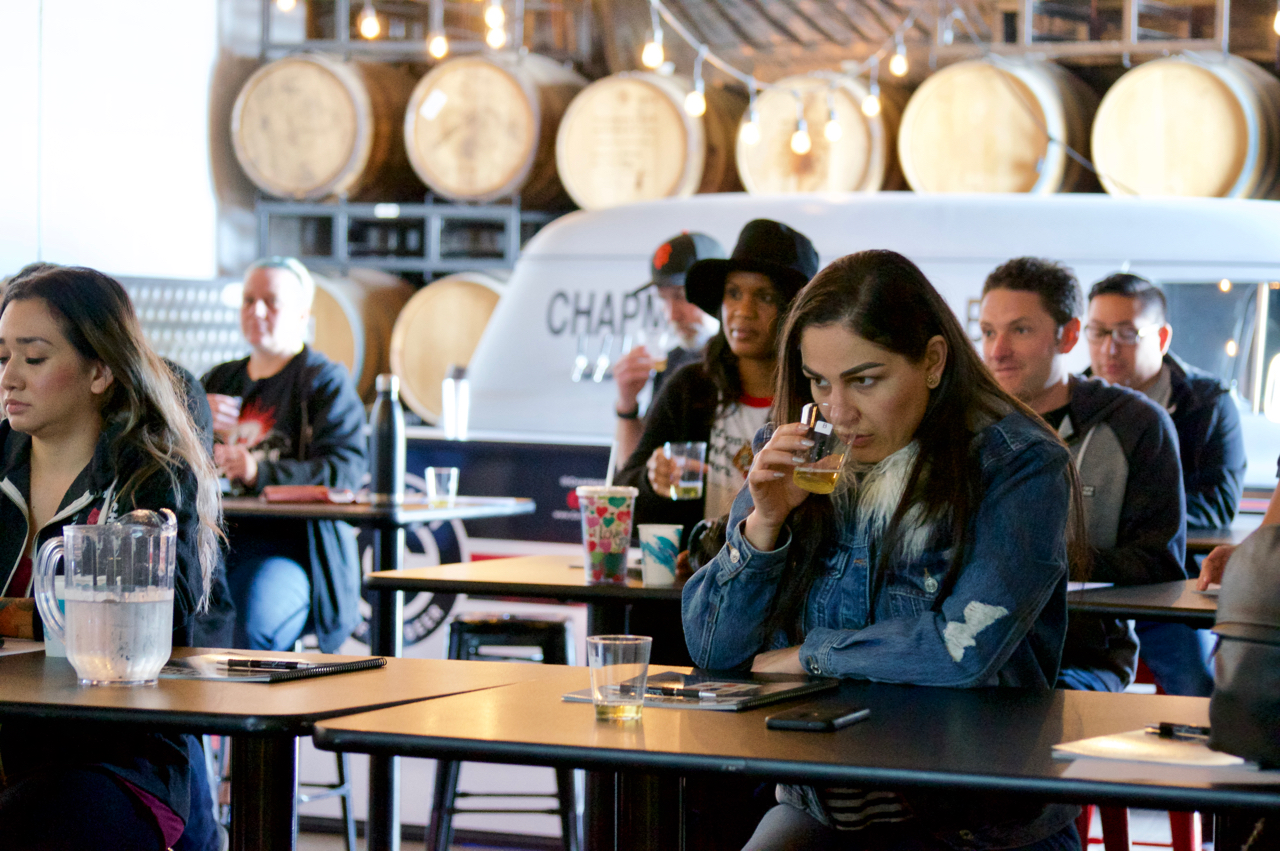
“We started with figuring out what the world’s greatest beer expert should know,” says Daniels. Once those top-level questions had been answered it became easier to trim down the certification to the point of testing a server. Daniels eventually settled on three levels of certification: Certified Beer Server, Certified Cicerone, and Master Cicerone. In late 2015 the program announced a new level – Advanced Cicerone – to be added in between Certified Cicerone and Master Cicerone.
At each level the exam tests in five areas: Keeping and Serving Beer, Beer Styles, Flavor and Tasting, Brewing Process and Ingredients, and Pairing Beer and Food. The lower level focuses heavily on Keeping and Serving Beer and Beer Styles while at the highest point the exam evenly tests on each section.
No matter the level, the goal of the Cicerone Certification Program remains the same. It’s an objective way to assess skills and capabilities in the beer industry. A measurable tool focusing on evaluating expertise. Plus, it can be a source of knowledge to the people in the industry whom you sell to, the people you work with, and for yourself.
Why Cicerone?
From the beginning, Daniels quickly learned that it would be important to distinguish Cicerone from sommelier.
“When you say the word sommelier the average person thinks of a guy wearing a tuxedo with a white linen napkin draped over his arm standing at a table talking about vintages and the shady side of the hill,” says Daniels. “Put that with beer and people start laughing because it is inherently funny to associate beer with the sophistication and snobbishness of wine.”
Daniels spent hours brainstorming “hideously awful” words to replace it (hint: Marquis de Cerevisiae) before stumbling upon Cicerone.
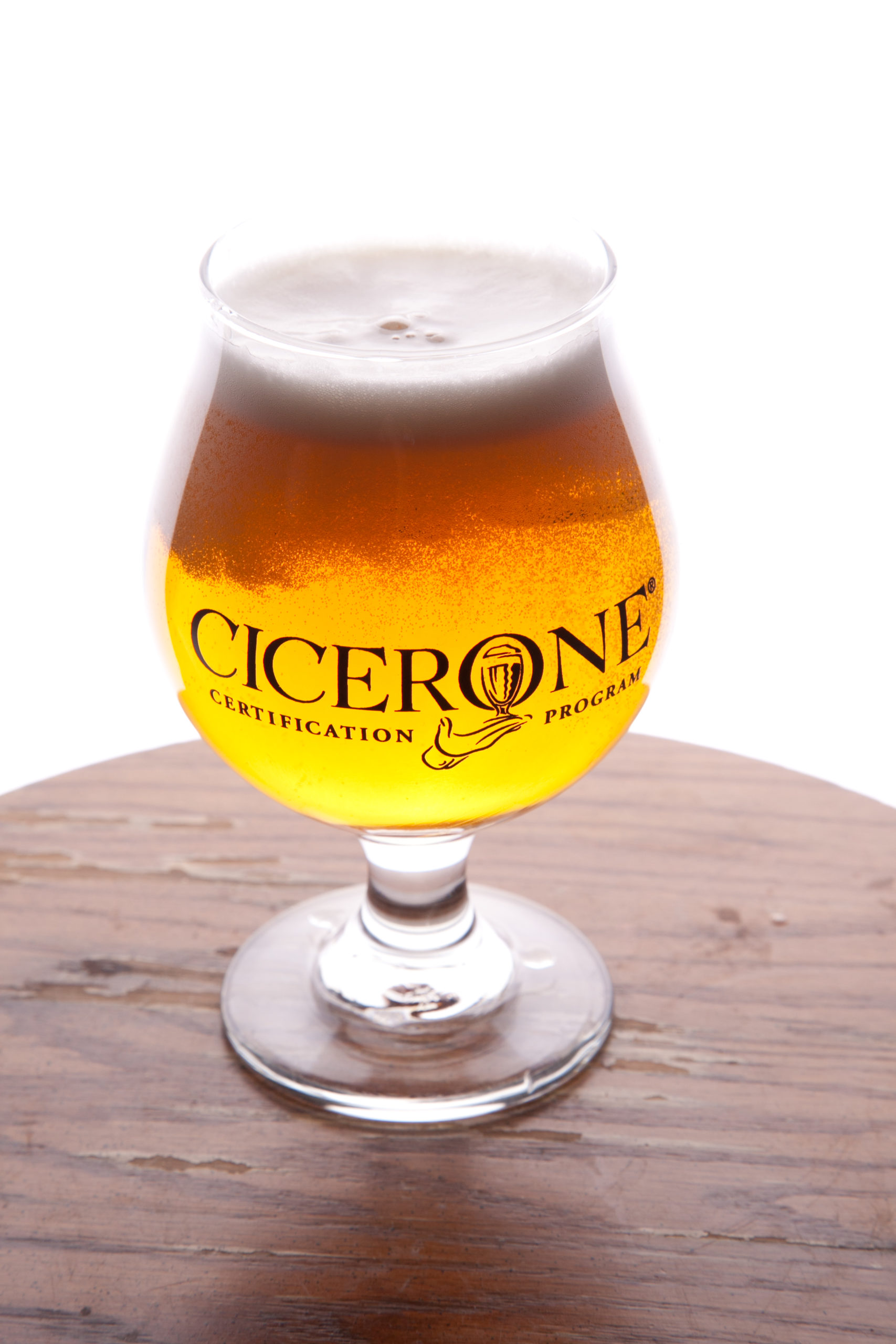
“We want someone to be a guide to the world of beer,” says Daniels. “I read an entry in the thesaurus and about the 5th or 7th word I found: Cicerone. Boom! I literally sat back, looked at it, stabbed it with my finger and said, ‘That’s my word.’”
The word is fitting in more ways than one because it opens up the program to anyone in the beer industry.
So, What Is a Cicerone?
“It’s important to know that a Cicerone is a designation, not a job title,” says Anne Becerra, Cicerone and Beer Director for Treadwell Park, a craft beer bar in New York City. “Sommelier is a job, but Cicerone is not.” There can be Cicerones in every aspect of the beer industry including brewers, distributors, beer writers, bartenders, or really anyone looking to gain a grand knowledge of beer.
Becerra gained her Certified Cicerone certification in 2010 while working as a bartender at The Ginger Man in New York City, NY
For Becerra, the program was a way to jump down the rabbit hole and learn her craft. “I’m a nerd. I love studying and education,” says Becerra. “Beer has so many aspects from brewing to pairing to service to hospitality to history to storytelling. Those stories weren’t getting told, so the Cicerone gave legitimacy to people that weren’t familiar with the beer world and wrapped it up in a bow.”
Although passing the exam was a milestone, Becerra says that just by studying she gained a fountain of knowledge and became an authority of her craft and career.
How to Become a Cicerone
Like any standard of certification, becoming a Cicerone is challenging.
The pass rate at the Certified Cicerone level is less than 50%. And Master Cicerone? Well, there are only 19 people in the whole world who have passed the most elite level.
However, that shouldn’t deter you. If you do decide to take this journey there are a couple places to start.
Daniels suggests the first thing to do is read the syllabus. Yes, it seems obvious, but it’s surprising how many people skip this step.
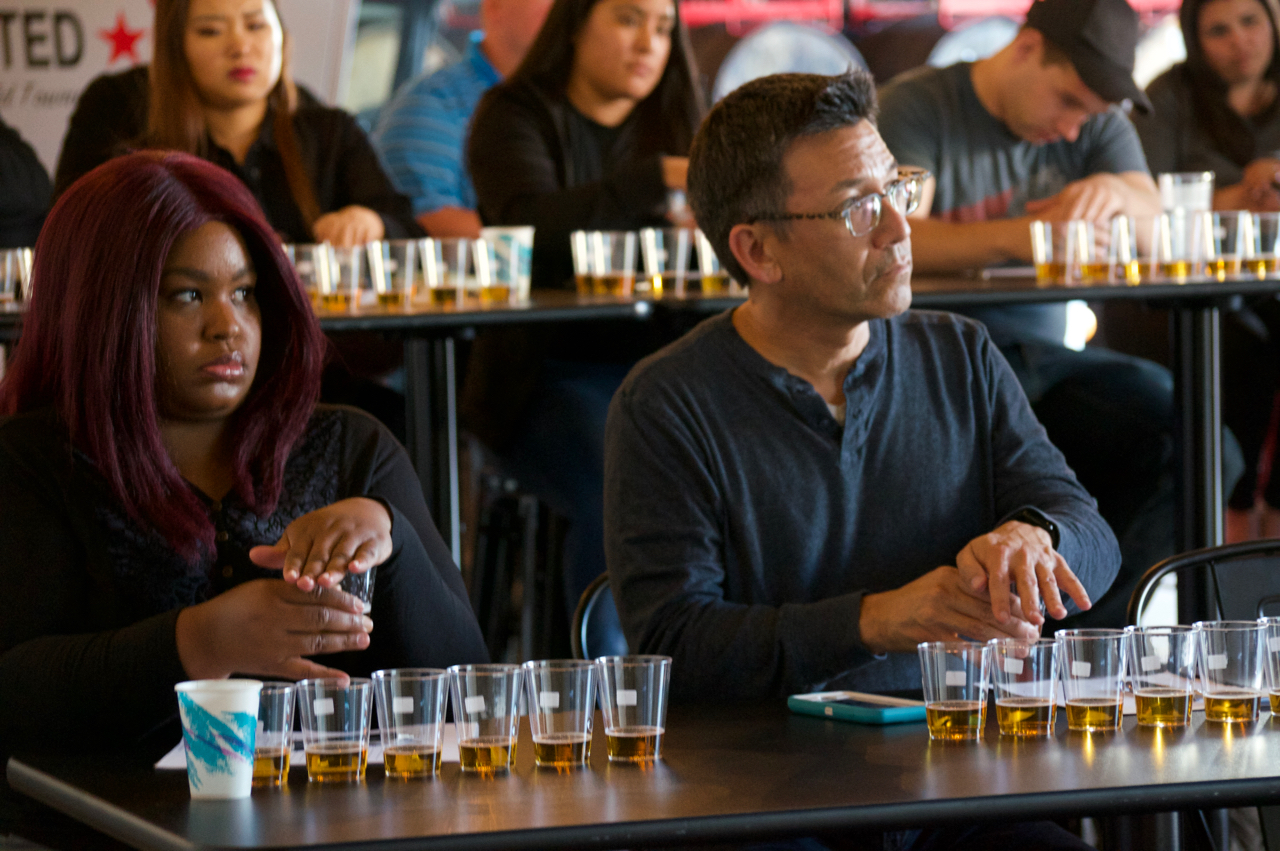
“When you’re ready to sit down and study, take a red, yellow, and green highlighter and go through the syllabus,” shares Daniels. If you read something and know it cold, outline it in green. If you’ve studied it, but you’re a little rusty, put it in yellow. And if you find something you have no idea what it’s talking about you better put that down in red and make a high priority for you to study.”
For Becerra, she didn’t study to memorize, but to learn. The key was being hands-on by researching, asking questions, and discovering answers. Plus, learning requires getting up from your desk. Becerra vised breweries, talked to brewers, and got her hands dirty to really understand the concepts.
How to Study for the Cicerone Exam
“Let’s say you buy flashcards and one says: ‘What color is caramel?’,” Becerra explains. “You can memorize it or you can do a deep dive.”
Becerra recommends reading more about the topic, writing your own questions, and taking notes. Then, you look deeper to define what created the question in the first place. “All of a sudden, boom, you now have this in-depth knowledge that you can retain and understand,” says Becerra.
Studying was invaluable to Becerra who carried around a little book to each brewery she visited. She would take notes on every single beer she tasted. “I didn’t know about Untappd back then. I had an old fashioned pen and paper,” says Becerra, who’d use her own vocabulary to describe beers.
“If the beer was fruity I’d ask: What kind of fruit? White fruit? Citrus fruit? What does that mean? What does it look like? Remind me of? Taste like? Smell like?” You need to be confident in your palette and get to know your own taste buds. Once you can recognize a flavor you can follow the thread back and learn about the technical side or why that beer tastes a certain way.
A Certified Cicerone has to get face-to-face with somebody who has good tasting skills to start developing their palette. Some people understand their taste buds right away, but others struggle. You need to start working on your tasting early to figure out where you fall on the spectrum.
What Does the Cicerone Exam Look Like?
Lasting three hours with multiple sections, the Certified Cicerone exam challenges one’s intellectual knowledge, tasting skills, and hands-on capabilities.
The test consists of a three hour written exam, a tasting test, and a demonstration portion. The written exam is primarily fill-in-the-blank with some multi-part matching followed by three essay questions.
The tasting exam is composed of three separate parts. The first is an off-flavor identification. You’re given four samples of beers spiked with off-flavors and one unspiked control sample and asked to identify which samples have an off-flavor and define that off-flavor.
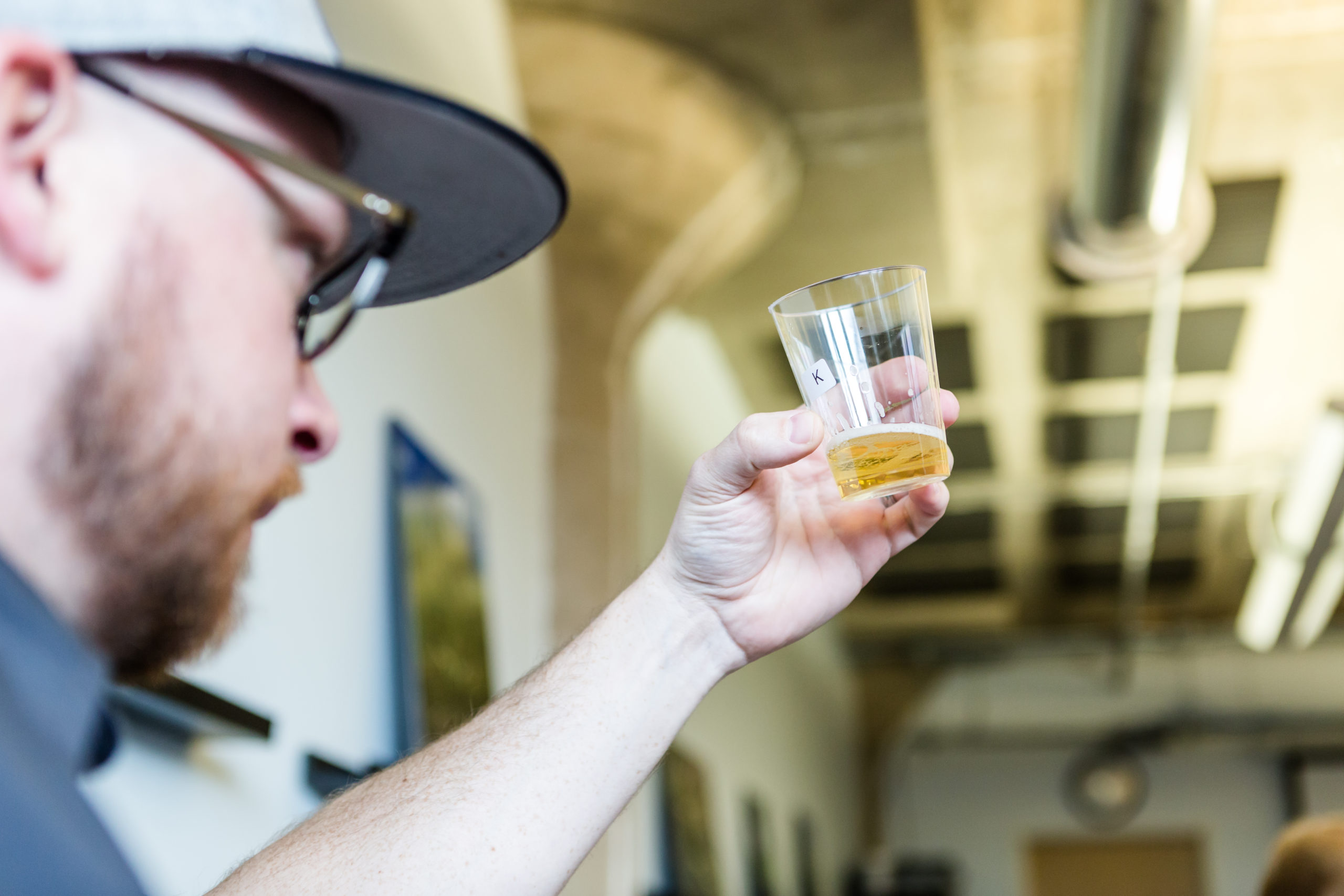
The second is beer style discrimination. The candidate is given a sample of beer and asked whether it is a good example of Style A or Style B. The samples are typically the same in color and appearance so one has to discern the style solely based on taste.
And the last, you taste four samples of beer and must determine if they are suitable to serve to a hypothetical customer.
In the final section – the demonstration – you’re given a problem and a piece of draft equipment and asked to answer that problem.
Is the Cicerone Certificicaiton Worth It?
Becoming a Certified Cicerone is an independent and important choice. It’s valuable to weigh all of the options to decide if the test is truly the best opportunity for you. Like any standard examination, the test does come with a price tag. If you’re starting out at the Certified Beer Server level that exam only sets you back $69. But a Certified Cicerone test costs $395.
Plus, any additional study materials that you purchase will increase your spend. With resources starting at $15 all the way up to a Road to Cicerone® Bootcamp that clocks in at $1,995, you could end up spending a pretty penny on your education. Not to mention, many people in the industry have succeeded without becoming a Certified Cicerone.
In fact, passing the exam doesn’t necessarily guarantee you a job. But, it can be a great starting point.
“If someone who comes in to interview has passed the Cicerone that saves me so much time because it shows me they’ve taken the initiative to go the extra mile and that they have a very broad in-depth knowledge of beer,” says Becerra.
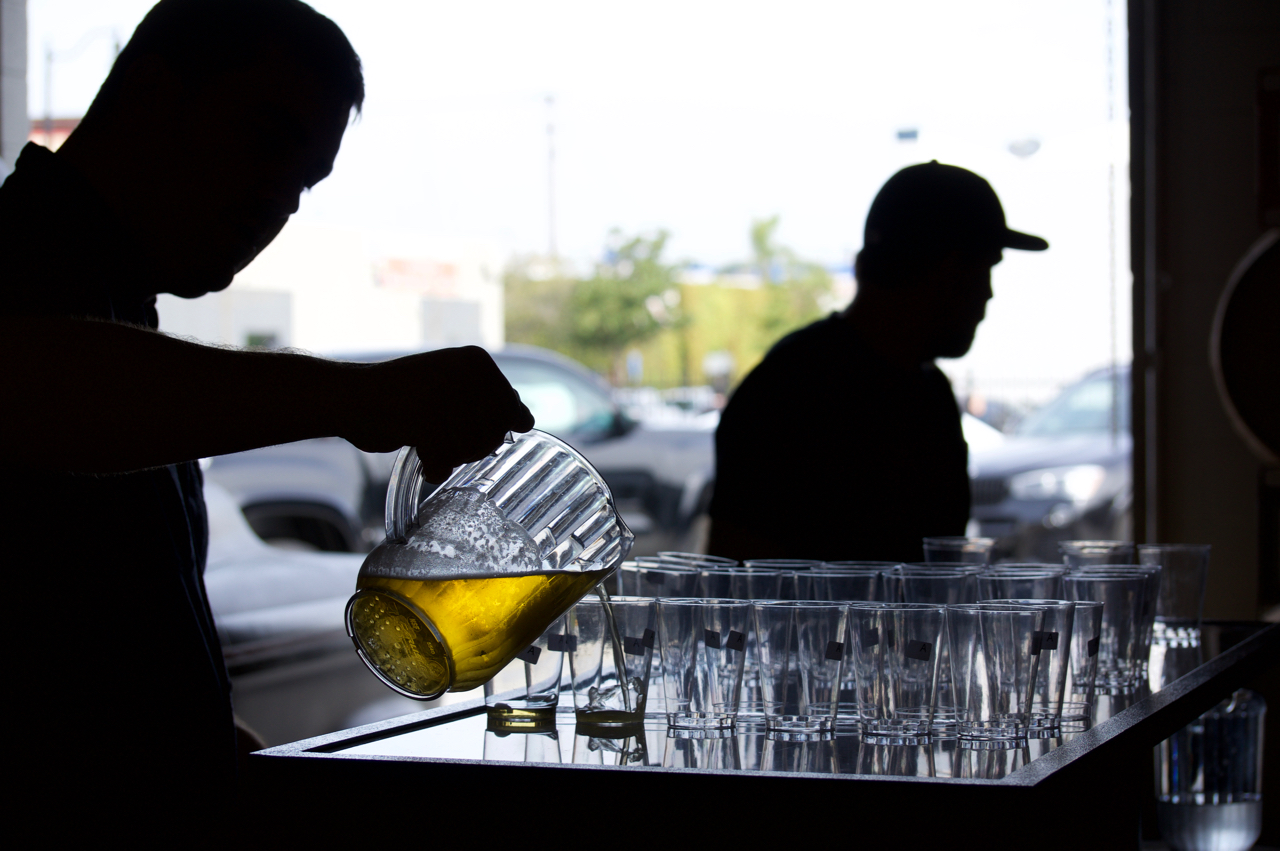
Discerning an off-flavor in beer can help a server react appropriately when a customer sends back a beer because it doesn’t taste right. Knowing how to properly clean draft lines can be crucial to the owner of a bar. Understanding the nuances of different styles of beer can help a bartender give suggestions to customers.
“How the [knowledge from the test] is used is up to either the individual that wants confidence from knowing they have objectively measurable skills, or the organizations that want to make sure they’re employing people with objectively measurable knowledge and skills,” Daniels says. “[Either way] it is a useful tool.”
Liked this article? Sign up for our newsletter to get the best craft beer writing on the web delivered straight to your inbox.

